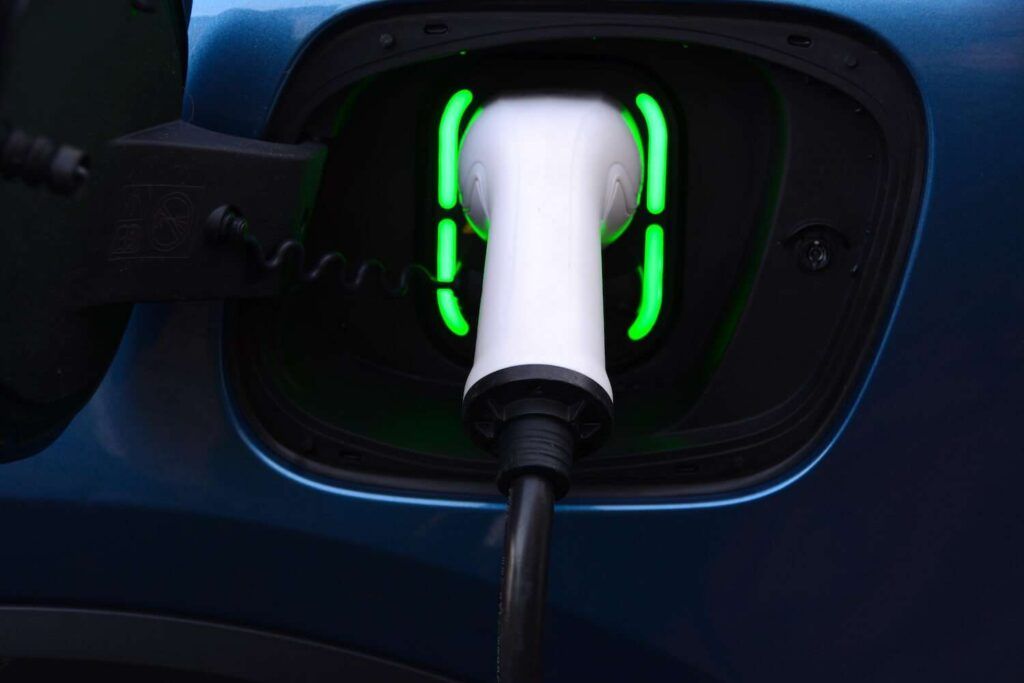Electrified vehicles made up over a third of cars produced in the UK in the first half of 2023, according to figures released by the Society of Motor Manufacturers and Traders (SMMT).
UK car production rose 11.7% in the first half of the year to 450,168 units with June – up 16.2% – the fifth consecutive month of growth. The performance represented the best first half since 2021 as manufacturers were increasingly able to manage global supply chain challenges – notably the shortage of semiconductors – that had constrained production since the pandemic.
The news comes a week after the announcement of the development of a new gigafactory for the UK, helping anchor EV production for one of Britain’s biggest car makers.
Since January, factories have produced an additional 47,037 units, the uplift having been driven by exports which have surged 13.6% to 359,940 units, representing eight-in-ten cars made. Volumes for the UK are up too, rising 4.5% to 90,228 units. However, year-to-date output remains -32.5% below 2019 levels, a reflection of structural changes in the sector but also pointing to the opportunity for UK car makers to recover if a globally competitive business investment environment can be assured.
The capacity of UK car makers to turn out the latest, greenest models has also increased, with production of hybrid electric (HEV), plug-in hybrid (PHEV) and battery electric vehicles (BEVs) up 71.6% from January to June to a record total of 170,231 units. This represents more than a third (37.8%) of all cars produced so far this year, good news given the importance of these products to the future of the industry and wider society in driving down emissions.
With eight-in-ten UK built cars heading to overseas markets, free and fair global trade – especially of the latest, zero emission electric vehicles – is essential. The European Union (EU) remains the UK’s largest export market accounting for 59.5% of all British car shipments, up 11.2% to 214,017 units year to date. The EU is also the largest source of imported vehicles, so safeguarding this important bilateral trading relationship is essential for both sides, hence the need for a quick and positive outcome to discussions on forthcoming changes to the rules of origin requirements for electrified vehicles and components.
Mike Hawes, SMMT Chief Executive, said, “UK car manufacturing is growing again, with production – especially of electrified models – increasing and major investment announcements making headlines. This is testament to the resilience of the sector and its undoubted strengths – a skilled and productive workforce, world-class R&D, and efficient, productive plants. But we must build on this momentum, sustain growth and attract further investments with a strategy that focuses on competitiveness and which strengthens the UK’s unique automotive offering.”
Today the UK automotive sector supports some 800,000 jobs in total, including manufacturing, retail and aftermarket, with 208,000 workers in manufacturing achieving annual turnover of £78 billion, adding £16 billion to the UK economy and investing around £3 billion in R&D every year. Recent investment announcements augur well for the future of the sector, but sustained growth requires more and continued investment. Creating the conditions for such investments was the subject of SMMT’s ‘Manifesto 2030: Automotive growth for a zero emission future’. Launched last month, it sets out five key pledges and policy actions, as part of an industrial strategy, to drive growth and deliver net zero.
Image courtesy of Shutterstock.












